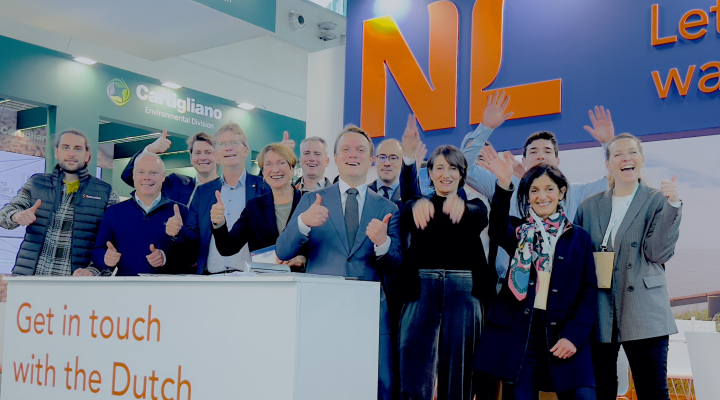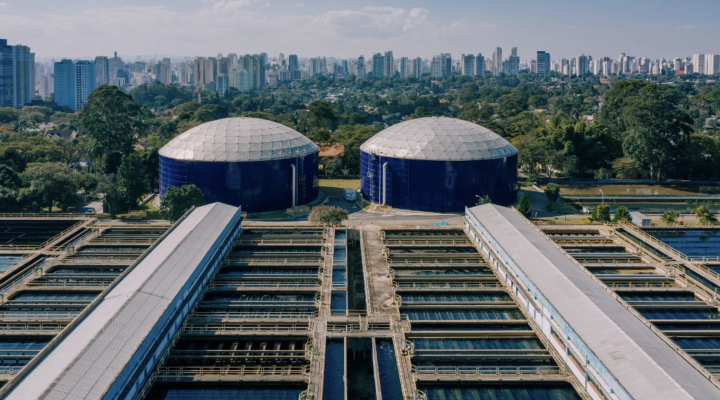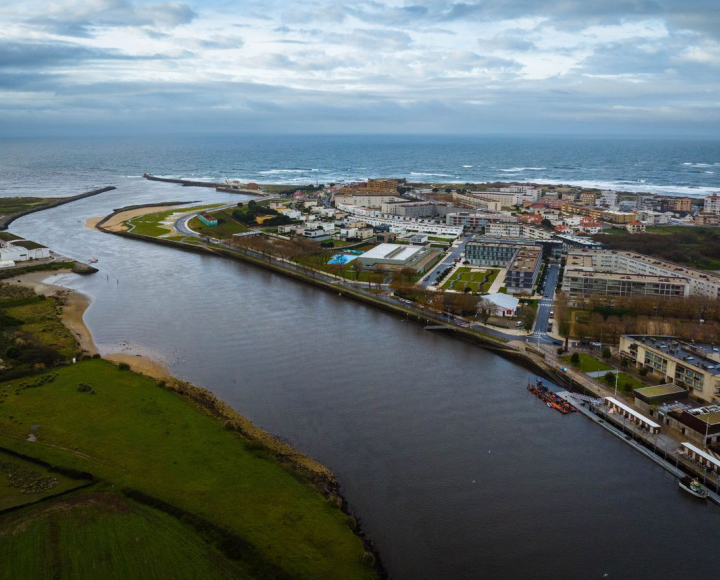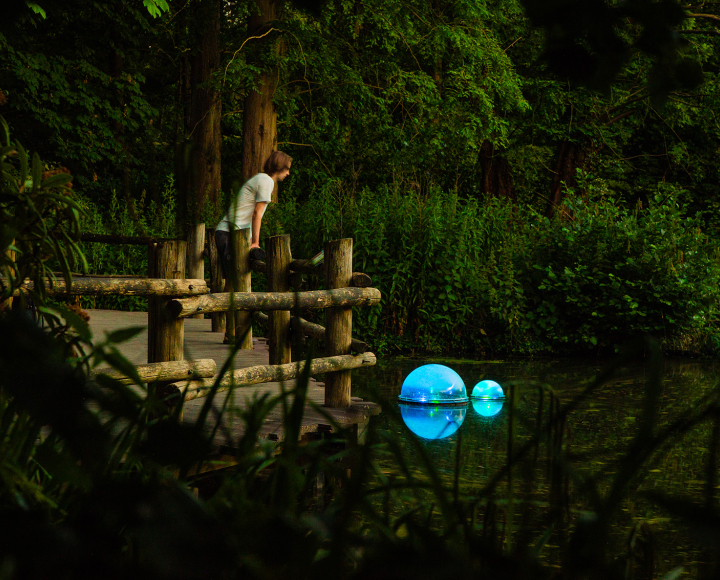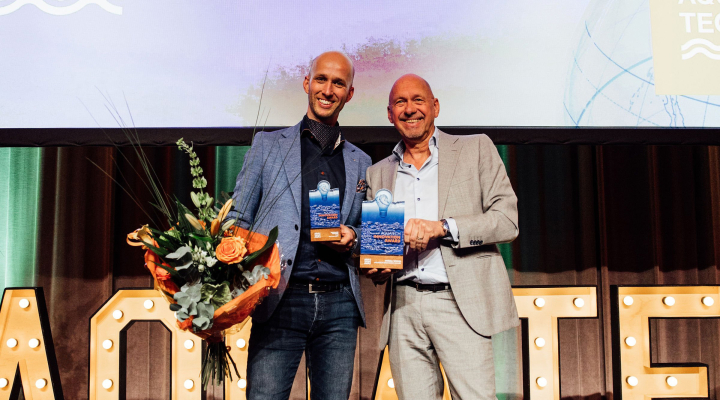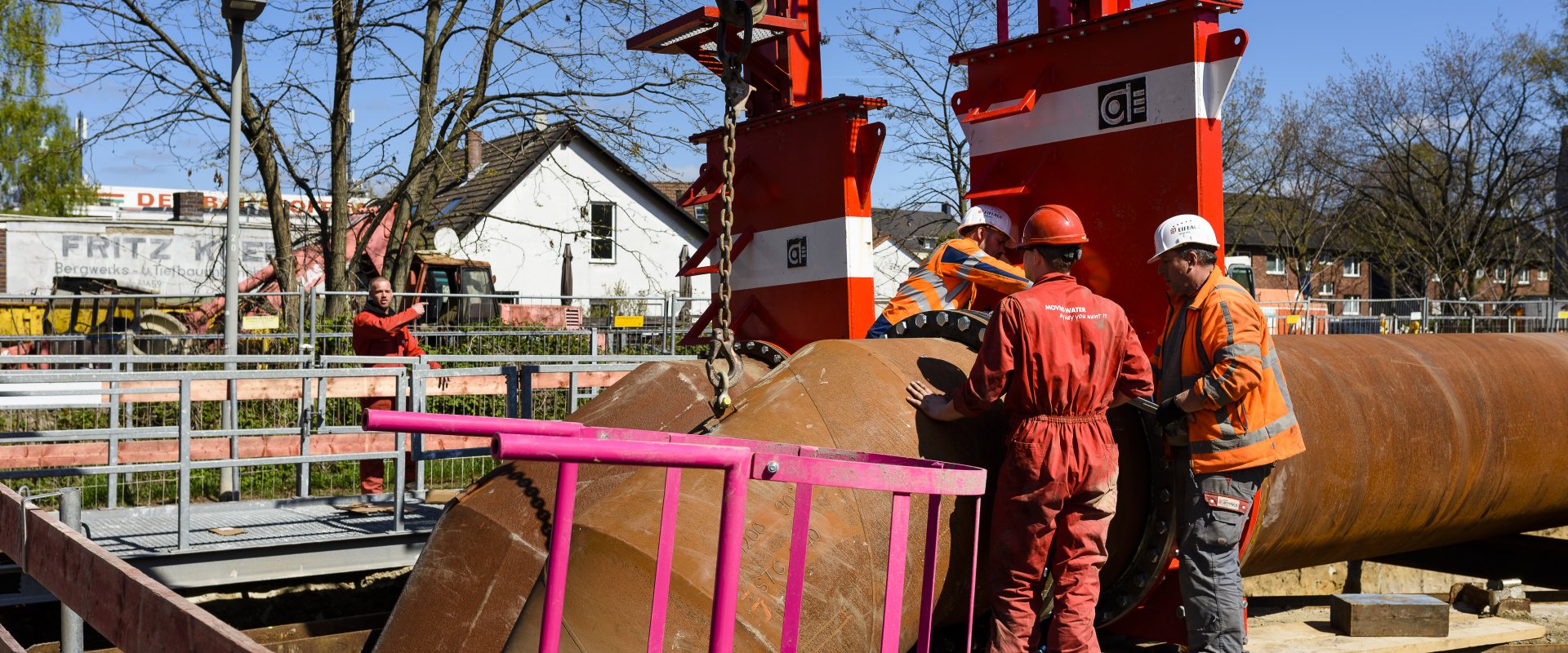
Special siphon to lift huge water flow with low energy use
Van Heck Group designed, produced and placed a temporary siphon construction to transport 23,050 m3/h water over a duct construction in Oberhausen, Germany.
The water flow is lifted 5,5 metre using hardly any pump energy.
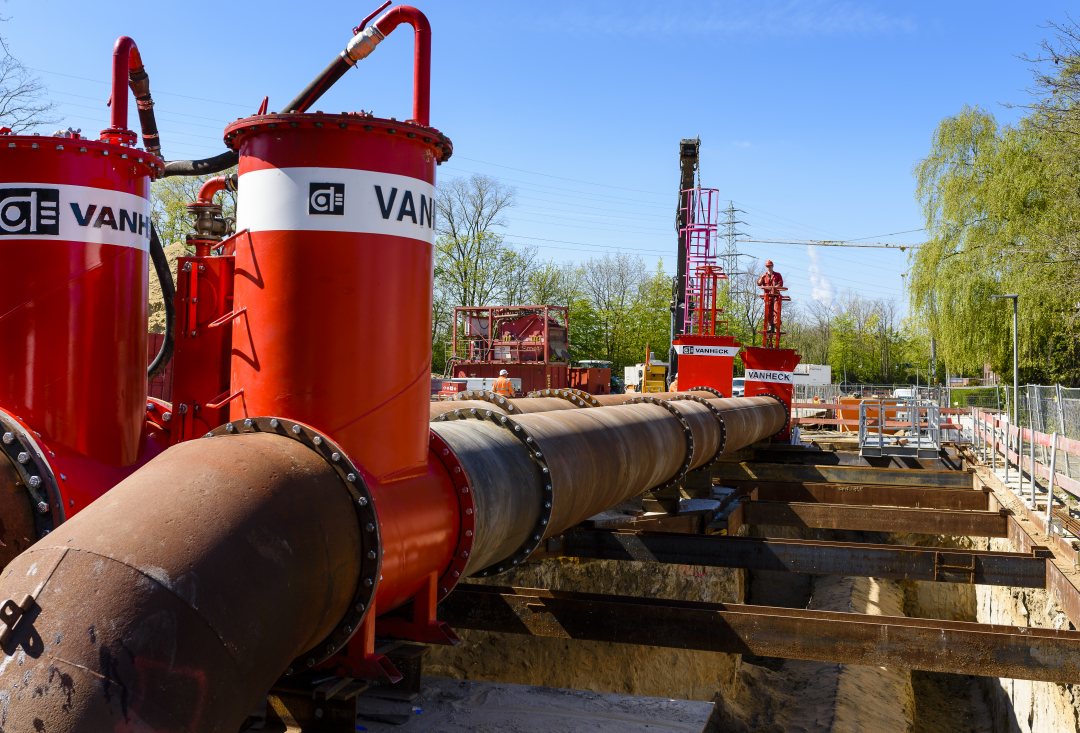

Crossing water pipeline
The Emschergenossenschaft is constructing a 51 km sewer tunnel along the Emscher river, for the transport of spill over sewer water to wastewater treatment plant Bottrop. The construction of this tunnel as well as three pumping stations is well under way.
In Oberhausen, the new tunnel crosses an existing sewer pipeline. To allow the construction of the tunnel, this pipeline had to be lifted temporarily while maintaining its capacity to transport the huge water volume.
Van Heck designed an innovative concept using gravity and pressure, to transport this huge volume using very little energy.
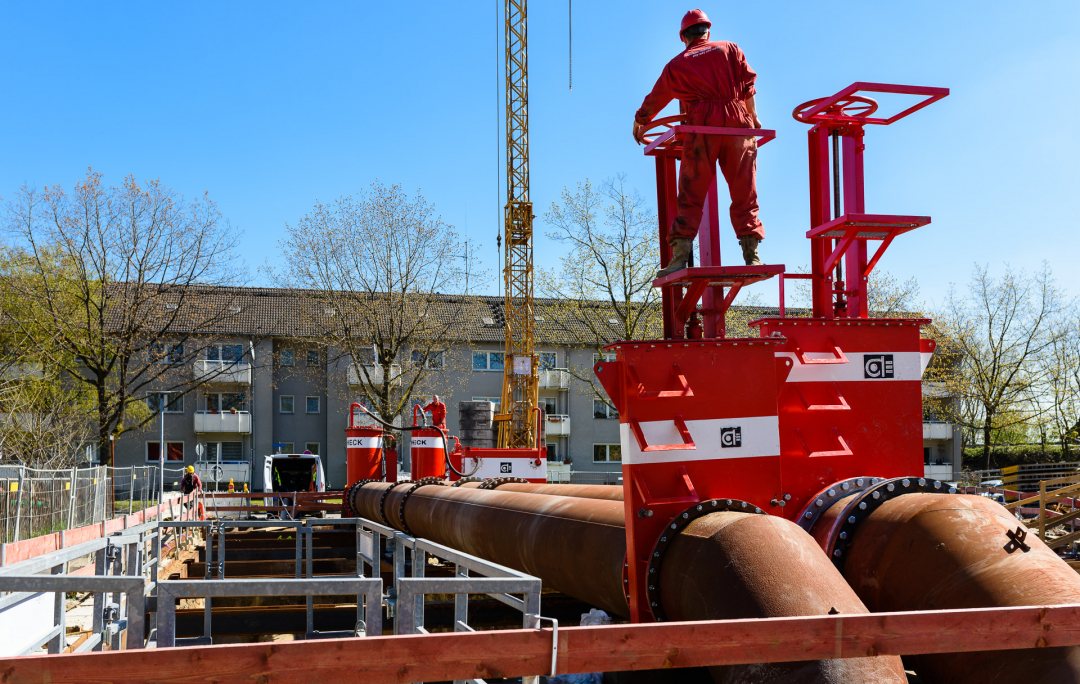

Vacuum boilers
The Van Heck rental fleet has siphon constructions up to a maximum of Ø 1000 mm. The client however, needed a larger capacity, so a siphon Ø 1200 mm had to be built. By using a double siphon pipe (1,2 m in diameter) system with correct inflow and outflow heights, Van Heck managed to reduce the electrical energy to less than 4 kWh. A classical solution with pumps would require more than 1,500 kWh to transport this huge water flow of 23,000 m3/hr.
Van Heck placed vacuum boilers at the beginning of the two pipes that cross the construction site. By pumping of the air at the highest point, the pipes are always filled with water and flow with little additional energy to the lower end of the crossing pipes.
The control of the boilers and valves has been automated and a warning systems warns for deviations.




